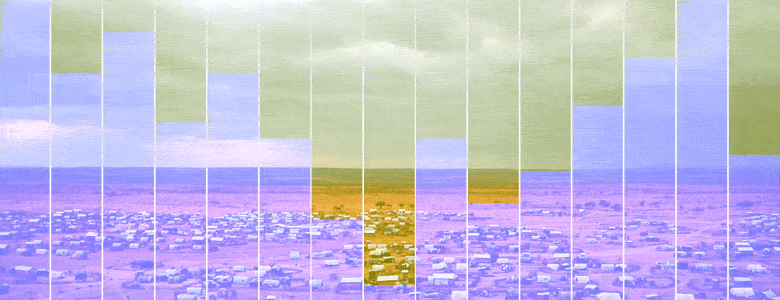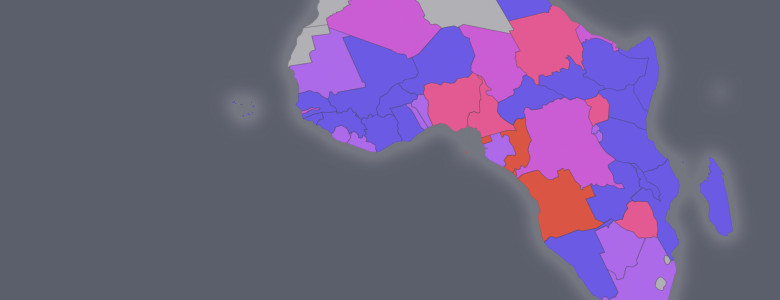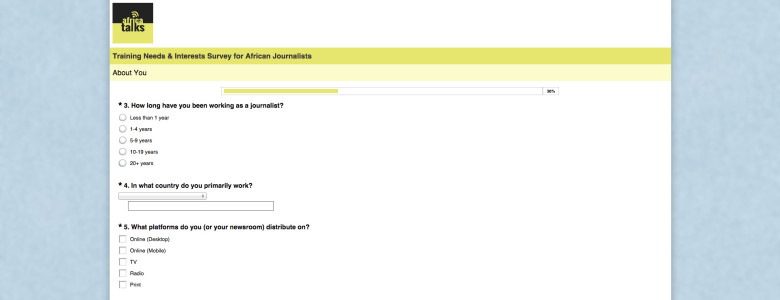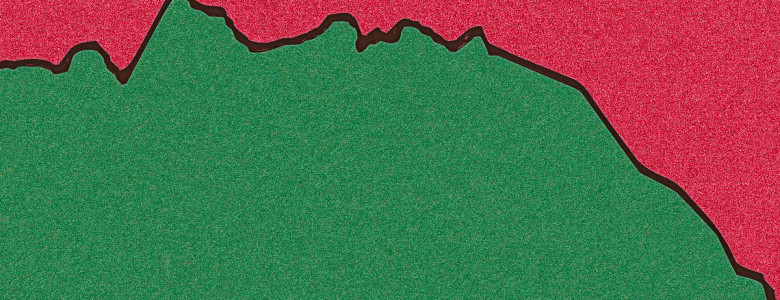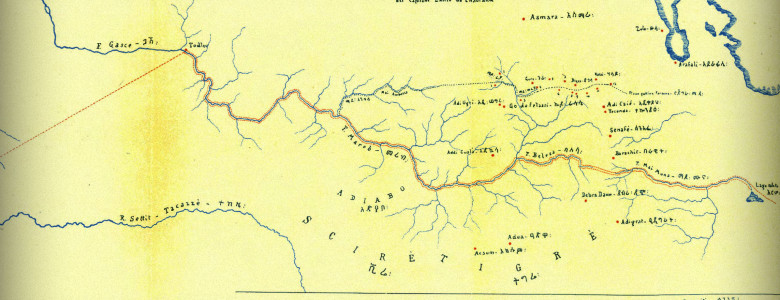
African journalists want more training, and they want to receive it online. That’s the key takeaway from our survey of nearly 1,100 journalists working across the continent. On May 25, we’ll begin sharing detailed results from our study at eLearning Africa 2016, an annual education and technology conference. We’ll focus on responses from small newsrooms… Read more »






